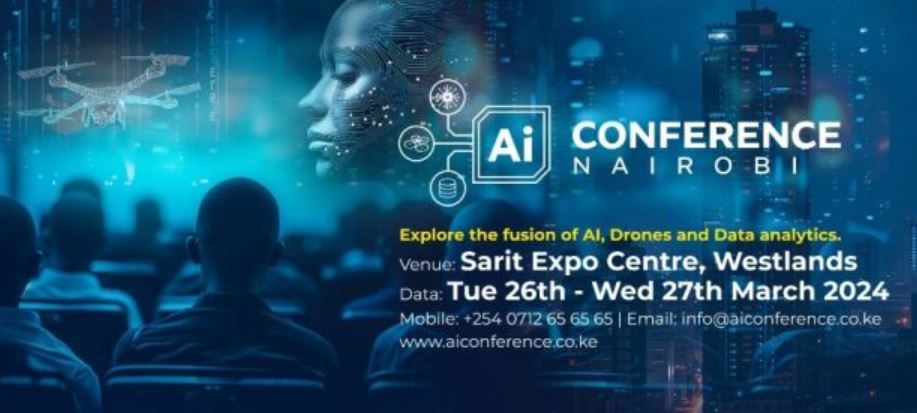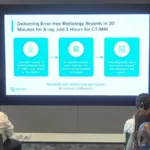In a significant move towards digitizing the education sector, the Cabinet has greenlit the introduction of Artificial Intelligence (AI) in school curricula as a pilot project from Grade 8. This decision, in line with recommendations by a task force for a national strategy related to AI, marks a crucial step in preparing students for an increasingly tech-driven world.
The Intersection of Education and Technology
Microsoft is set to play a pivotal role in this transformation, supporting the revision of the international syllabus and training ICT teachers to equip them with the necessary skills to impart AI knowledge effectively.
This initiative is part of a broader plan to digitize the education system, which includes allowing school fee payments via the eCitizen platform. By addressing governance challenges and eliminating fraudulent activities, this move aims to improve integrity within the education system.
A Leap Towards a Digital Future
The Cabinet’s directive to digitize the education sector within 30 days underscores its commitment to combating fraud and exploitation of parents. It has been observed that resistance to paying fees through eCitizen often stems from those who have created parallel bank accounts, mirroring the parallel Paybills prevalent across public services.
The digitization drive will extend to technical and vocational education institutions and universities, encompassing the Higher Education Loans Board (HELB). This comprehensive approach reflects the government’s determination to align the education system with global standards and ensure public benefits.
Beyond the Classroom: Privatization and Job Creation
The Cabinet has also approved the privatization of state-owned companies, including the Development Bank of Kenya and five hotels, to unlock their potential and boost job opportunities. This strategic move aligns with the government’s goal to enhance performance through private sector investments.
As we stand on the brink of this digital revolution, it is clear that today’s students are tomorrow’s innovators. By integrating AI into the curriculum, we are not only preparing them for the future but also shaping a brighter, more technologically advanced society.
The introduction of AI courses into the school curriculum, backed by Microsoft’s support, signifies a monumental leap towards embracing technological advancements in education. This pilot project, focusing on Grade 8 students in selected schools, is a testament to the government’s commitment to providing quality education that meets global standards.
In the words of President William Ruto, “Resistance to paying fees through e-Citizen is by those who have created parallel bank accounts.” The High Court’s extension of orders blocking the government directive for parents to pay school fees via the eCitizen platform notwithstanding, the Cabinet remains resolute in its mission to digitize the education sector and eliminate fraudulent activities.
With these bold steps, Kenya is poised to host three major conferences this year and implement Phase 3 of the Nairobi Intelligent Transport System. The future of education is here, and it is digitized.















